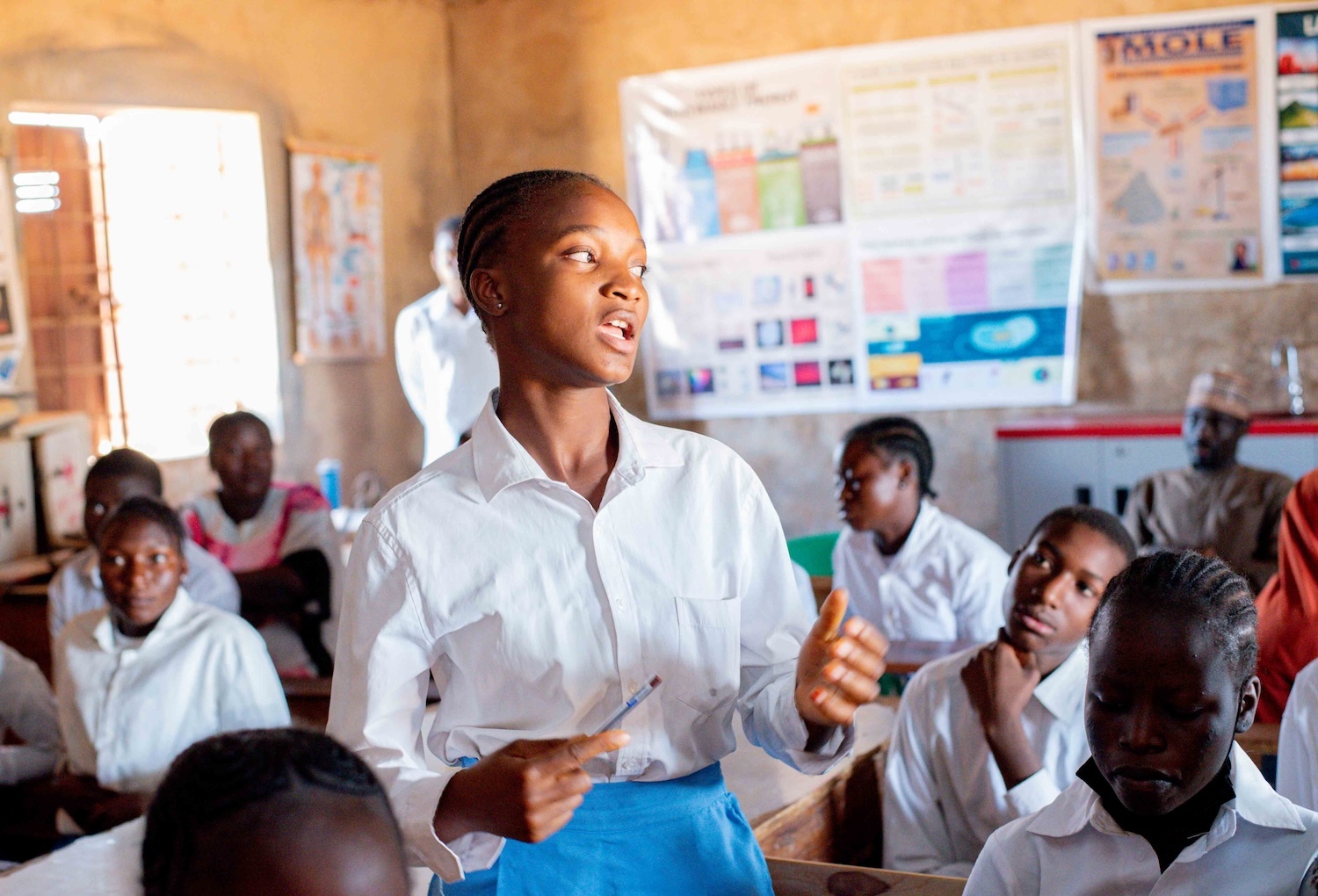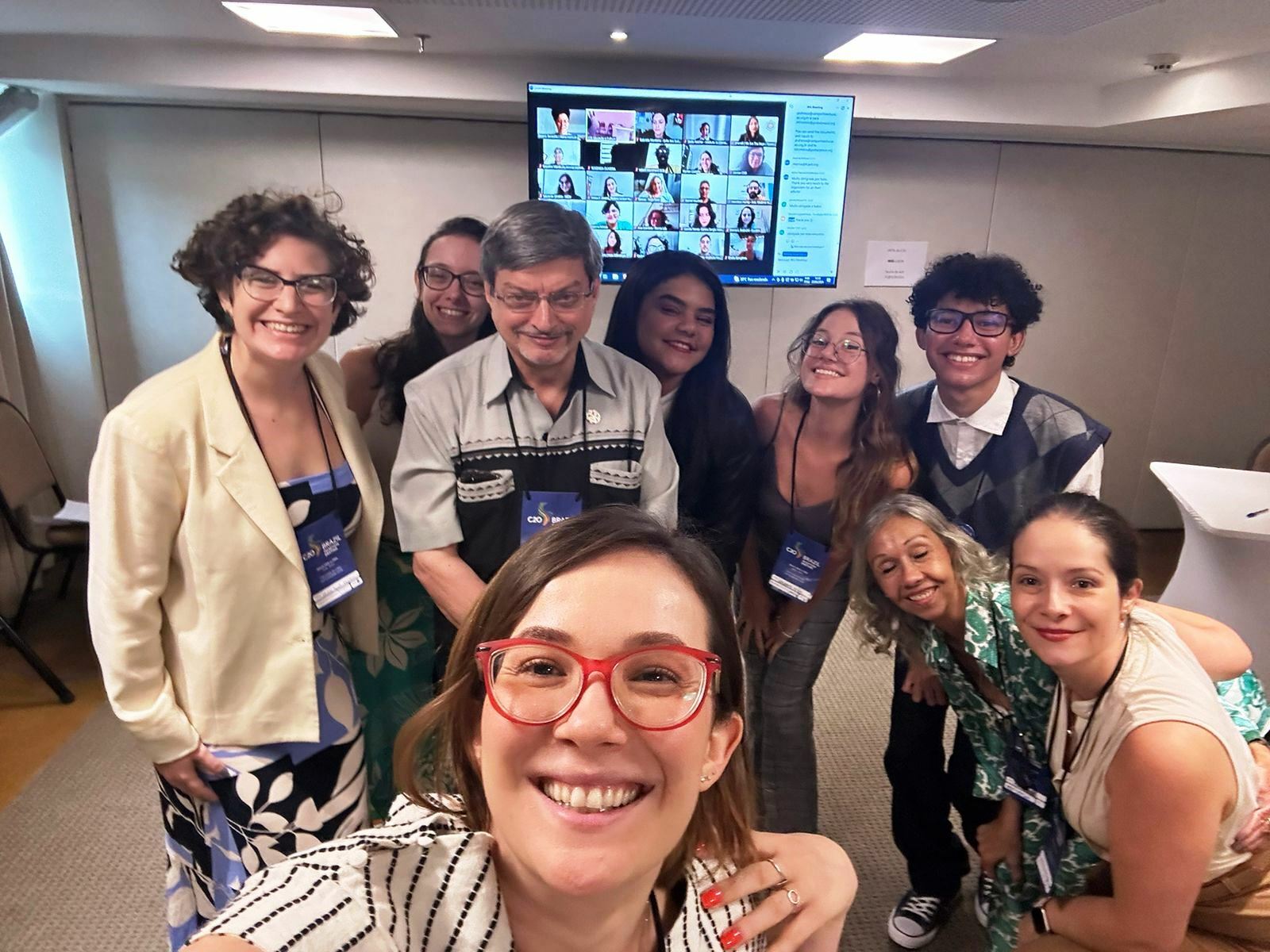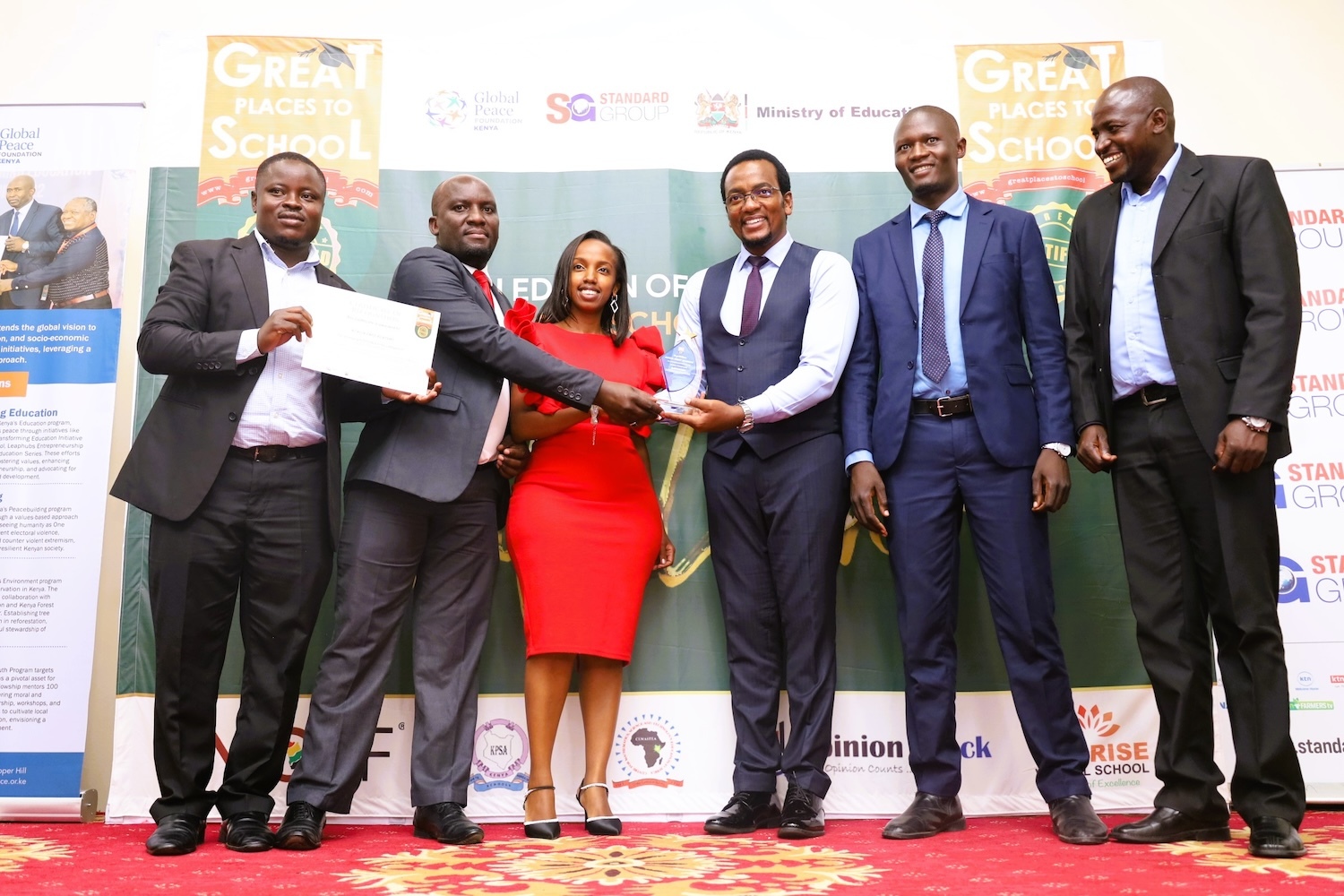Three days of talks highlight Mongolia’s role as a nuclear-free, non-aligned state.
International scholars, policymakers, current and former diplomats, economists, and civil society leaders convened for six sessions to develop strategies for peace in Northeast Asia and denuclearization and reunification of the Korean peninsula at a forum on October 25-27.
The “Mongolian Forum on Northeast Asian Peaceful Development and Korean Unification,” hosted virtually, was the latest in a series of forums convened in Ulaanbaatar on Korean reunification and peaceful development of the region. Mongolia’s status as an emerging democracy, a nuclear-weapons-free state, and a key nonaligned nation has attracted significant interest from state officials, parliamentarians, and policy advisors. Experts from Mongolia, Korea, the United States, Russia, China, Japan, Australia India, Indonesia, and other nations lent support to the peace agenda during the three-day convening.
While there has been relative peace and dynamic economic development and integration in Northeast Asia during the past several decades, increasing nuclear tension on the Korean peninsula, the growing rivalry between the U.S. and China, deteriorating relations between some countries in the region, and the unprecedented global COVID-19 crisis have led analysts to explore comprehensive approaches to sustainable peace and economic development. The vision of a free and unified Korea and a Northeast Asia Nuclear-Weapons-Free Zone were two of the critical topics addressed to advance progress on regional security and economic multilateral initiatives.
Collaboration and shared interests
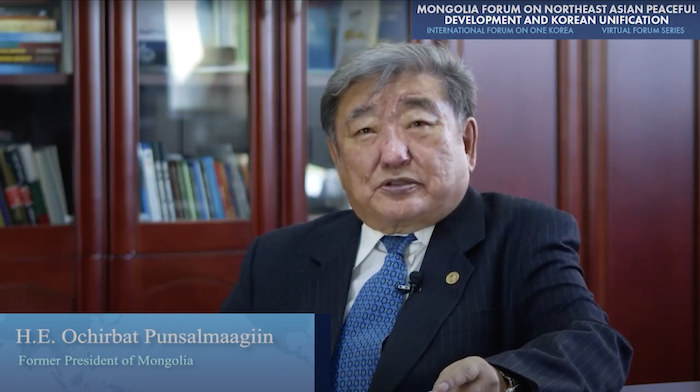
Former Mongolian President Ochirbat Punsalmaagiin
At the opening session, former Mongolian President Ochirbat Punsalmaagiin, the first democratically elected president of Mongolia and Head of Mongolian Forum for Korean Unification, noted the intricacies of politics, security, economics, and other social issues that complicate a consensus on reunification. “Hard power policy didn’t bring a good outcome in making the peninsula a nuclear-weapon-free zone,” the former president said. He proposed easing economic sanctions as a condition for economic and social cooperation between North and South Korea, saying only close collaboration and relationships can create trust and that a railway network is in the shared interest of the two Koreas.
Deputy Chief of Mission at U.S. Embassy in Mongolia Gregory May said the Biden administration “places great importance on solving the challenges presented by the DPRK by working with allies and partners, especially those in the region, such as Mongolia. We will also continue to work with China and Russia on these issues. They have an important role to play in ensuring UN sanctions are effectively implemented and in encouraging the DPRK to engage seriously.”
Chinese, Korean, Mongolian, and Japanese panelists explored strategies for advancing a peace agenda on the Korean peninsula and regionally. Dr. Mabel Miao, the founder and Secretary-General of Center for China and Globalization, said “a peaceful and prosperous Korea is key for the future development of Northeast Asia” and could serve “as a bridge connecting Asia and Europe and a gateway to the West Pacific.”
Dr. Hyun-ik Hong, Chancellor of the Korea National Diplomatic Academy, cited the lessons of German reunification, urging the South Korean government to “re-implement its North-Korean policies of reconciliation and cooperation, of peace and prosperity, regardless of the government’s ideological orientation.”
Post-pandemic challenges
In Session II, “Post-COVID World: Challenges, Opportunities, and Strategies for Northeast Asian Peaceful Development,” scholars from India, Indonesia, Russia, China, the U.S., Korea, and Mongolia assessed the impact of the global pandemic on the region.
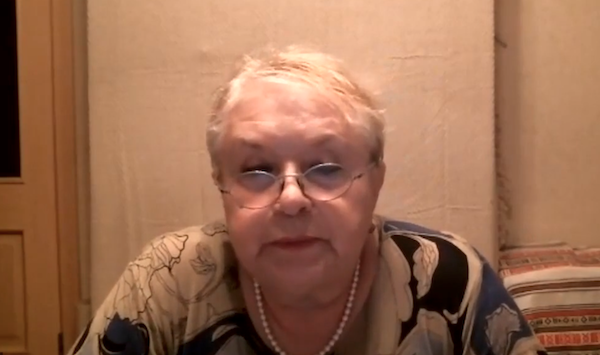
Dr. Elena Boykova, senior researcher at the Institute for Oriental Studies at the Russian Academy of Sciences
“Almost two years after it started, it has become apparent that COVID has divided peoples,” observed Dr. Elena Boykova, a senior researcher at the Institute for Oriental Studies at the Russian Academy of Sciences. “Transport links have been disrupted, personal contacts among peoples of different countries have weakened.”
Dr. Emanuel Pastreich, President of the Asia Institute, said peaceful development focused on Korean unification will require “having the imagination and the wisdom to see that what is needed is not the importation of South Korean, Japanese and American consumption culture into North Korea, but rather a profound reconsideration of what the priorities of society should be, a discussion in which North Korea can offer up its own paradigms which will be taken seriously by those involved. If North Korea’s positions, policies, are taken seriously, if North Korea can pose an alternative, then it will be naturally drawn into the dialog and can contribute to this project. Korea will be building a new country, and a new culture, in this process. That is a process that rare in history and infinitely valuable.”
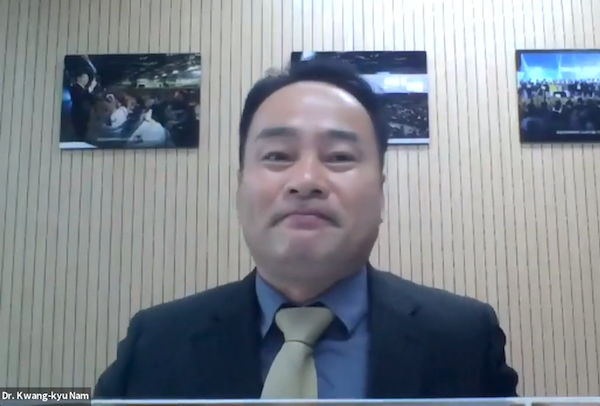
Dr. Kwang-kyu Nam, research professor in SSK Research Center at Korea University
Other presenters countered that North Korean human rights abuses are contrary to security and peace guarantees. “If North Korea wants a peace agreement, it must practice human rights improvement according to the contents of the North Korea Human Rights Resolution adopted by the United Nations,” said Dr. Kwang-kyu Nam, a professor at Korea University. “A peace agreement without such changes in North Korea is only a piece of paper without content.”
A forum on October 26, “Envisioning and Advancing a Free and Unified Korea,” examined the levels of preparation and popular support for reunification, the leading role of Koreans, and the need for international support in the reunification process.
“The unnatural division of the Korean peninsula is nearly seven decades overdue for a resolution,” said Col. David Maxwell, a Senior Fellow at the Foundation for Defense Democracies. “A comprehensive strategy should consist of five lines of effort: comprehensive diplomacy, resolute alliance military strength, pressure through enforced sanctions, cyber defense and offensive cyber operations and information and influence activities to target the regime elite, the second-tier leadership, and the population to undermine the legitimacy of the regime, separate the Kim family regime from the elite and the second tier leadership, and most importantly, to prepare the Korean people living in the north for unification.”
Northeast Asia Nuclear-Weapons-Free Zone
Session IV on October 26 addressed the proposal for a Northeast Asia Nuclear-Weapons-Free Zone, regional stakeholders’ roles in denuclearization on the Korean peninsula, and implications for the reunification of Korea.
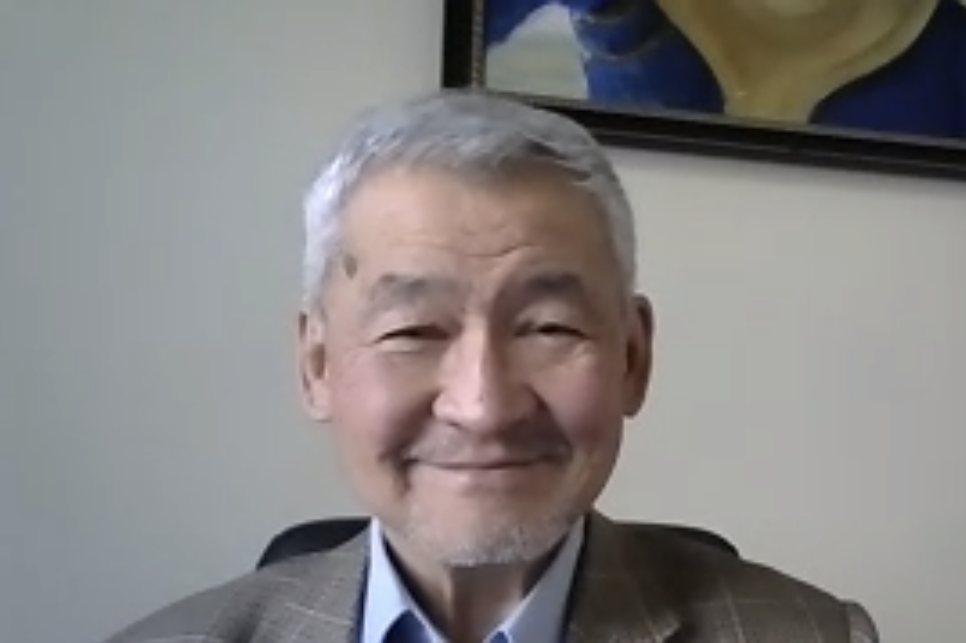
Mr. Jargalsaikhan Enkhsaikhan, Blue Banner chairman and former Mongolian Ambassador to the UN
Blue Banner chairman and former Mongolian Ambassador to the UN Jargalsaikhan Enkhsaikhan announced the formation of an ongoing Northeast Asia Working Group on strategies for a Northeast Asia Nuclear-Weapon-Free Zone in conjunction with a peaceful unified Korea end goal in his opening remarks.
Enkhsaikhan called for a “bold conceptual approach” to exclude nuclear weapons in the region and provide a “min-Marshall plan” to help North Korea become part of the region’s economic development. He said the discussions on security and denuclearization so far “were not inclusive to reflect the interests, positions, and ideas of North Korea.”
“The working group’s first task is to study the views and attitudes of government and based on the findings decide on the practical forward measures,” Enkhsaikhan told the forum. He added that the working group will emphasize economic incentives that will benefit the region in conjunction with cooperation and progress on security issues.

Dr. John Endicott, an architect of the Northeast Asia Nuclear- Weapons-Free Zone
Dr. John Endicott, an architect of the Northeast Asia Nuclear-Weapons-Free Zone for which he was twice nominated for the Nobel Peace Prize, cited a Newsweek estimate of current nuclear arsenals of the U.S. and Russian Federation, now numbering in the hundreds. He said it was clear that the security threat remains urgent, but that “we’ve come a long way since the total nuclear weapons inventory [at the height of the Cold War] exceeded 70,000.”
Dr. Kyung-young Chung, an Adjunct Professor at Graduate School of International Studies at Hanyang University and Policy Advisor for National Security Office at the Blue House detailed the extent of North Korea’s nuclear weapons capability and warned that the current range of 40-60 nuclear warheads could quadruple by 2027. He urged countermeasures by the U.S., South Korea, and Japan, but without the active support of Russia and China, he said, robust deterrence remains the most viable response to contain the North Korean nuclear threat.
Economic integration and the DPRK
The fifth forum on October 27 examined regional economic prospects and lessons learned from the Greater Tumen Initiative, an intergovernmental agreement to strengthen economic and technical cooperation among four countries: China, Mongolia, Republic of Korea, and the Russian Federation, supported by the United Nations Development Programme.
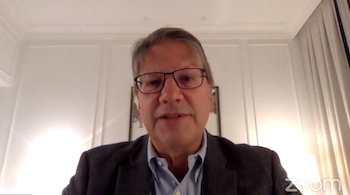
Mr. Craig Steffensen, former Director of the North American Representative Office of the Asia Development Bank
“After the collapse of the Soviet Union in 1990, the newly independent republics of the Former Soviet Union faced problems of political and economic disintegration on a huge scale,” said Mr. Craig Steffensen, former Director of the North American Representative Office of the Asia Development Bank. Various efforts have been made to improve economic links through subregional cooperative arrangements and greater regional cooperation and collaboration, he added.
In the Greater Tumen Region such cooperation and collaboration will help to cement the region’s hard-won economic gains and have its voice and influence felt commensurate with its economic weight, Steffensen said. By increasingly opening their markets to their neighbors it can reduce cross-country disparities in income and facilitate development in sectors such as transport, energy, water, trade, and telecommunications, and ultimately contribute to Asia’s long-term stability, peace, and harmony.
Mr. Nanjin Dorjsuren, the Founding Director of the Mongolian Institute of Northeast Asian Security and Strategy, presented an overview of the DPRK economic policy from the founding of its socialist model in 1948 through the introduction of informal market reforms and expansion of its labor force abroad.
Mongolia became a member of the International Monetary Fund, the World Bank and Asian Development Bank, the World Trade Organization, and the European Bank for Reconstruction and Development, he explained. “Mongolia can share its experience and support if the DPRK expresses its interest in joining international financial institutions,” he said.
The concluding forum, “Youth Leadership in Northeast Asian Peaceful Development,” presented stories of young leaders confronting personal, social, and environmental challenges on a path for meaning and positive social change. Speakers from the Philippines, China, Mongolia, the U.S., and a North Korean defector shared private experiences and lessons learned in surmounting personal, social, and political barriers.
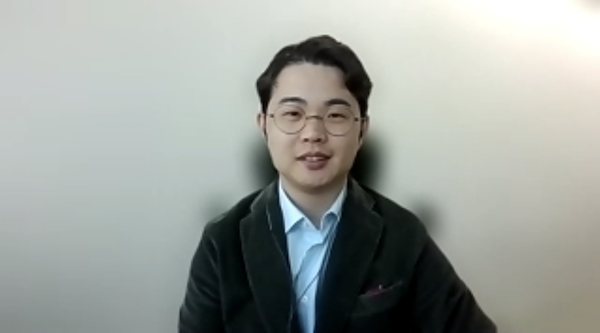
Mr. Daehyun Park, CEO of Woorion
Mr. Daehyun Park, a North Korean defector at age 17 and now CEO of Woorion, recalled that “parents would often go for days without ensuring their children had enough food to eat. They would sell their bicycles, livestock, and even their houses to buy food.
“I failed in many friendships, I got scammed, and faced a lot of discrimination, racism, and was treated by people as a second-class citizen,” he shared. “But I didn’t have time to blame someone or my situation because I was on the edge of a mountain, with no choice but keep moving forward.”
A multicultural world
“We now often live and work with others who are very different ethnically, racially, and religiously from ourselves,” shared Mr. Leonard Faustino, President of Global Peace Youth Philippines. “Dramatically changing social norms, tensions between those of different religious or cultural backgrounds, and uncertainty about the future can understandably lead to deep struggles about meaning, purpose, and identity, especially among youth.”
Now more than ever, youth are uniting and eager to be heard on important issues, such as climate change, Faustino observed. Warning about the rise of identity-based conflict, he said “a global consensus is urgently needed that uplifts our common humanity as our most essential identity, and that affirms the universal values necessary for social cohesion in diverse societies.”
The three-day forum was co-convened by Blue Banner, Global Peace Foundation, One Korea Foundation, Action for Korea United, and the Mongolian Forum for Korean Unification.

The Global Peace Foundation has convened expert forums on Northeast Asia regional security, economic development, human rights, and Korean reunification in the United States, South Korea, India, and Mongolia, as well as in Europe and Latin America. These comprehensive convenings, and grassroots initiatives affirming the shared identity and cultural heritage as a bridge between the two Koreas, are building international support for a free and unified Korea and advancing a roadmap for a nuclear-free, democratic Korea that enhances peace and prosperity in Northeast Asia.
For more information on an ongoing project to advance peaceful reunification visit One Korea Global Campaign towards a Free and Unified Korea | Global Peace Foundation.

